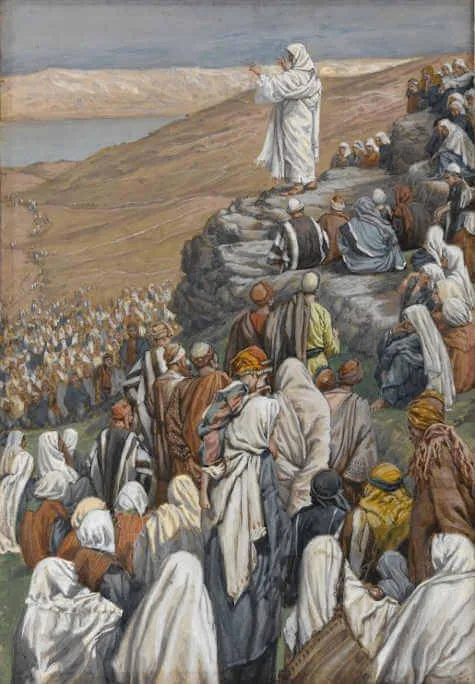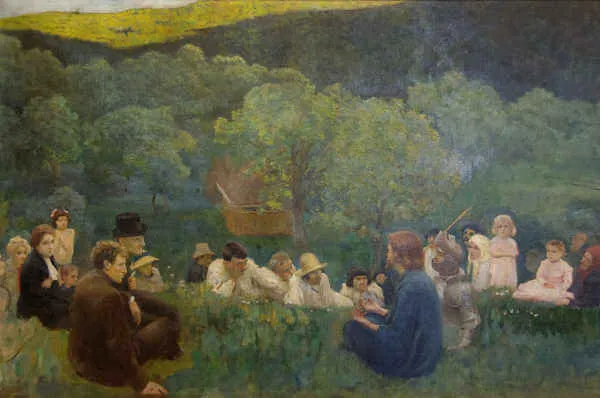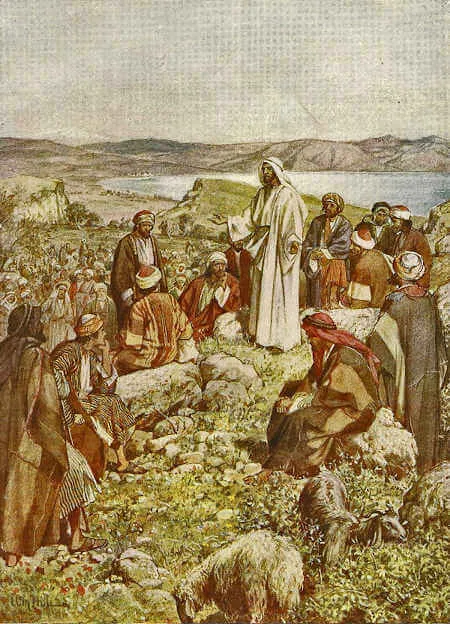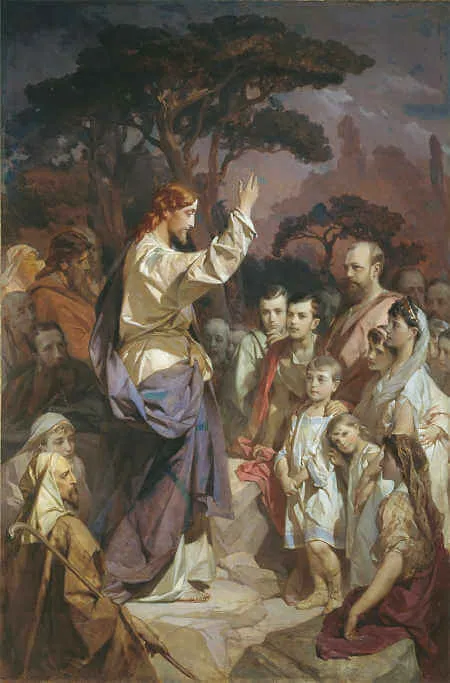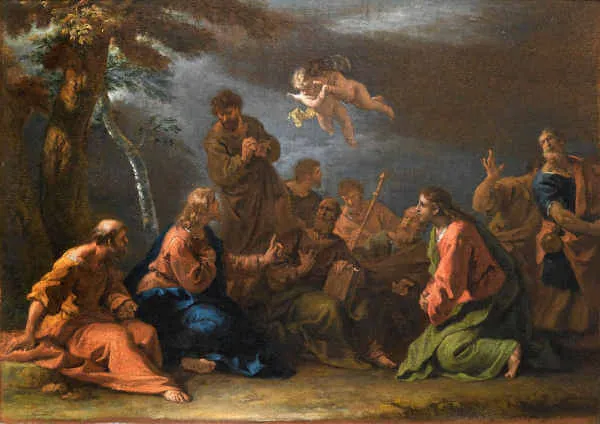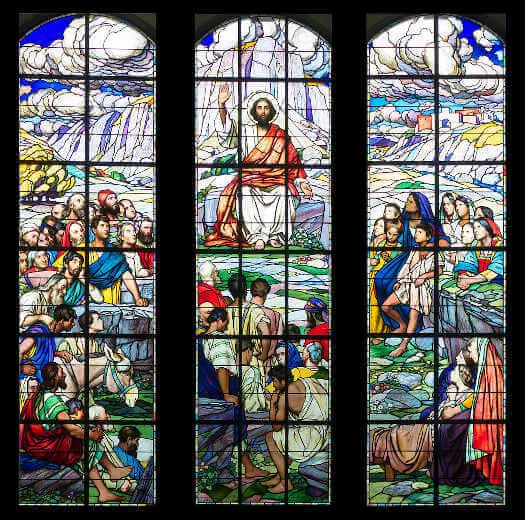Mark 4:38-39
God is Speaking
Jesus was in the stern, asleep on a cushion. They woke him and said to him, “Teacher, do you not care that we are perishing?” He woke up, rebuked the wind, and said to the sea, “Quiet! Be still!” The wind ceased and there was great calm.
Reflection:
Do you desire to hear God speak to you? The most common way this happens is through prayerful meditation on the Gospels. Over the centuries, the saints have prayerfully pondered the Gospels and have offered various insights on the stories and our Lord’s actions. Their insights are not primarily an intellectual exercise. Rather, they are first an exercise of prayer and meditation, revealing that the Scriptures have various layers of depth and meaning.
One Church Father, Saint Bede, explains from his prayerful pondering of today’s Gospel passage that the boat in which Jesus crossed the sea represents the Cross by which safe passage is obtained to arrive at the shores of Heaven. The other boats that followed represent those who have faith in the Cross of Christ and follow. Though they suffer the waves of temptation and hardship, they press on, relying upon the saving power of the Cross. Jesus being asleep represents His sleep of death, and His wakening represents His resurrection. The pleas of the disciples represent our need to turn to Jesus during the storms and temptations of life. The rebuke of the waves and the ensuing calm reveal the grace won by His death and resurrection, which is able to silence the demons and disordered passions. The fear that the disciples encountered points to our own fear that results from a lack of faith and trust in God.
God is able to speak these and many other truths to us through His actions and words contained in the Scriptures. There is no limit to the depth and meaning we can receive through His holy Word. Therefore, though it is useful to reflect upon the saints’ various interpretations of the Gospels, it is also very important to reflect upon these passages ourselves, so as to allow our Lord to speak to us the message we need to hear.
Reflect, today, upon this Gospel scene. Try to find time to slowly read today’s Gospel from beginning to end. Read a sentence and then close your eyes and try to imagine it. See Jesus entering the boat. Ponder the boat being an image of the Cross. See the sea as the many evils within this world. Consider the fear the disciples encountered during the storm. See yourself in that boat, waking our Lord. Listen to Him silence the waves and restore peace. Hear Him say to you about your own struggles in life: “Why are you terrified? Do you not yet have faith?” As you prayerfully meditate upon this and other Gospel passages, know that God will speak to you and reveal to you the meaning that He wishes to communicate to you today.
Source: https://catholic-daily-reflections.com/2024/06/22/god-is-speaking/



